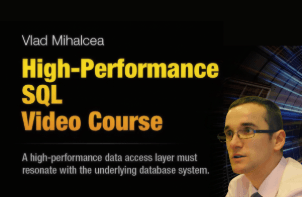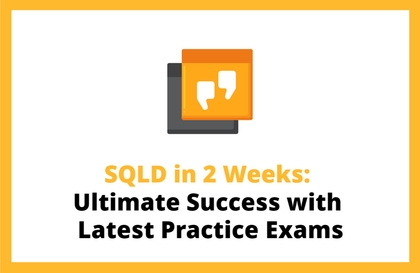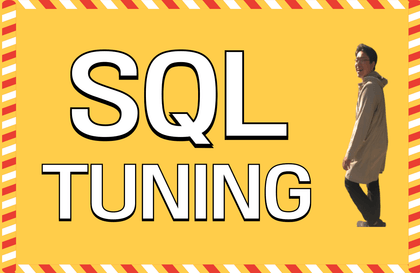
45 SQL Tuning Techniques You Can Use Right Away in Practice
codingkorea
$66.00
Basic / SQL, Oracle, Data Engineering
4.8
(5)
A DBA instructor with 30 years of experience teaches 45 essential SQL tuning techniques that can be immediately applied in practice through real-world examples. Master the practical know-how to make slow queries 10 times faster, from execution plan analysis to index optimization and join tuning!
Basic
SQL, Oracle, Data Engineering





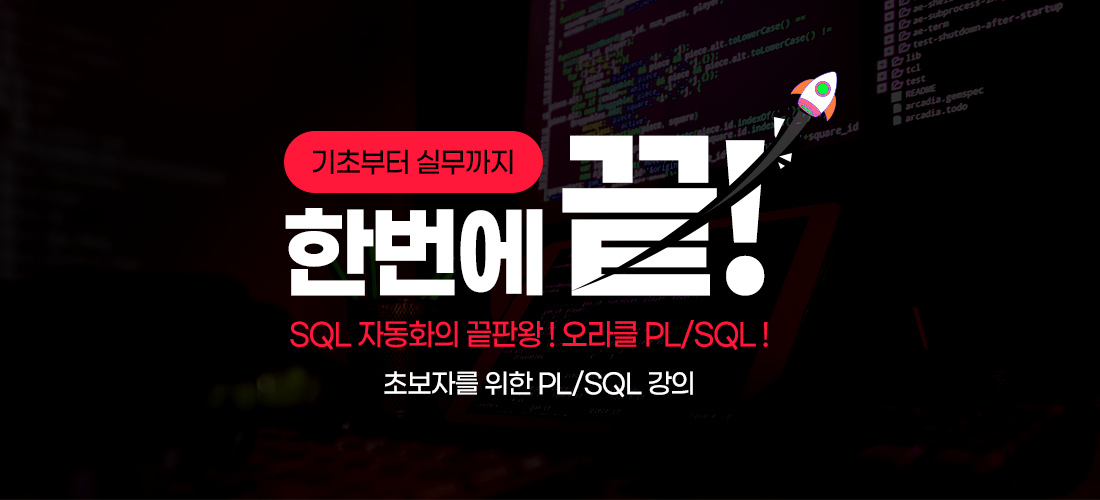
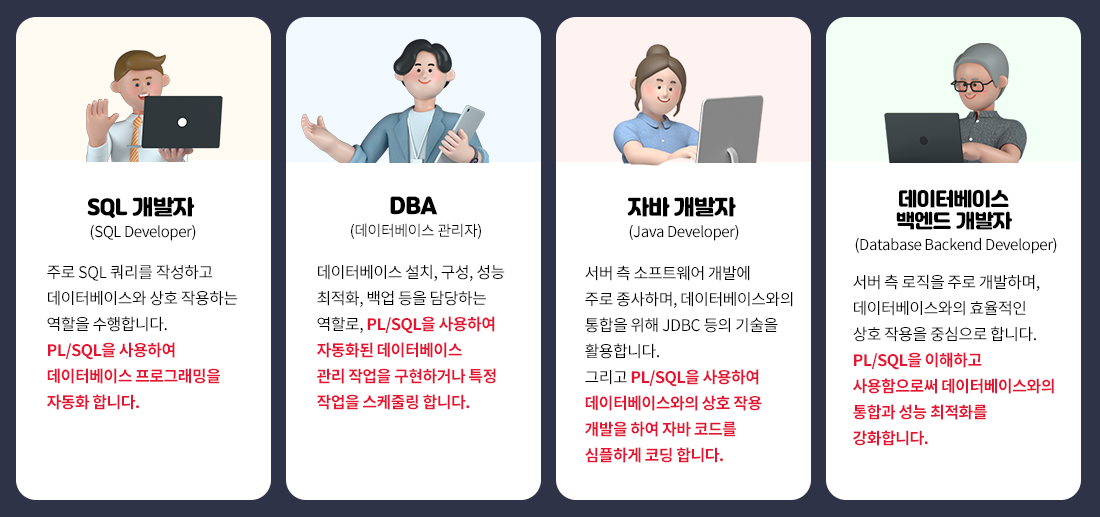
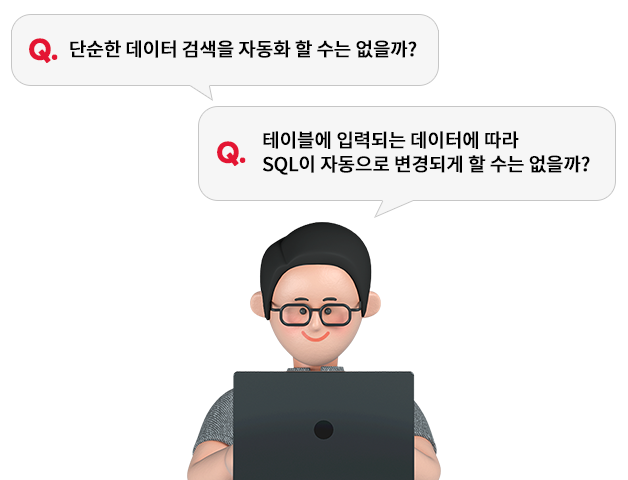
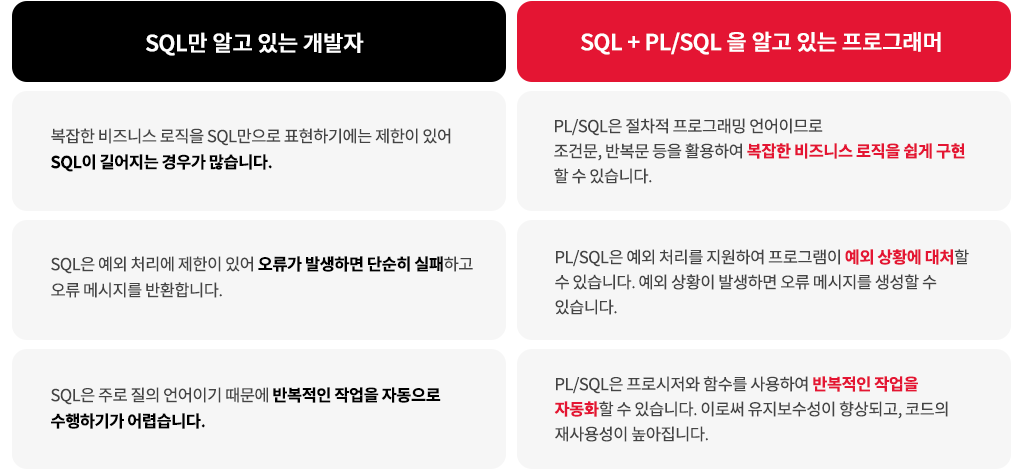
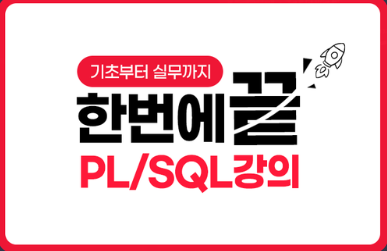
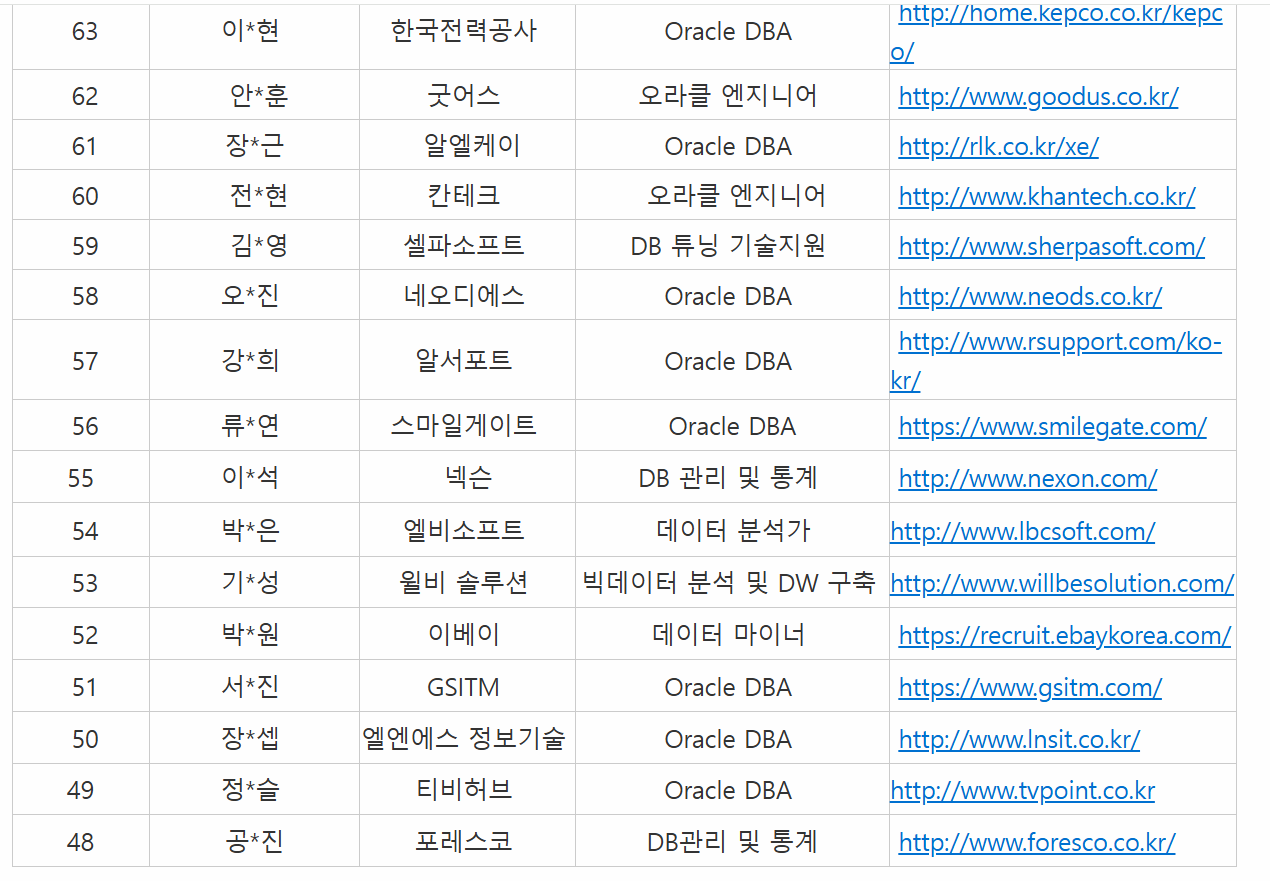
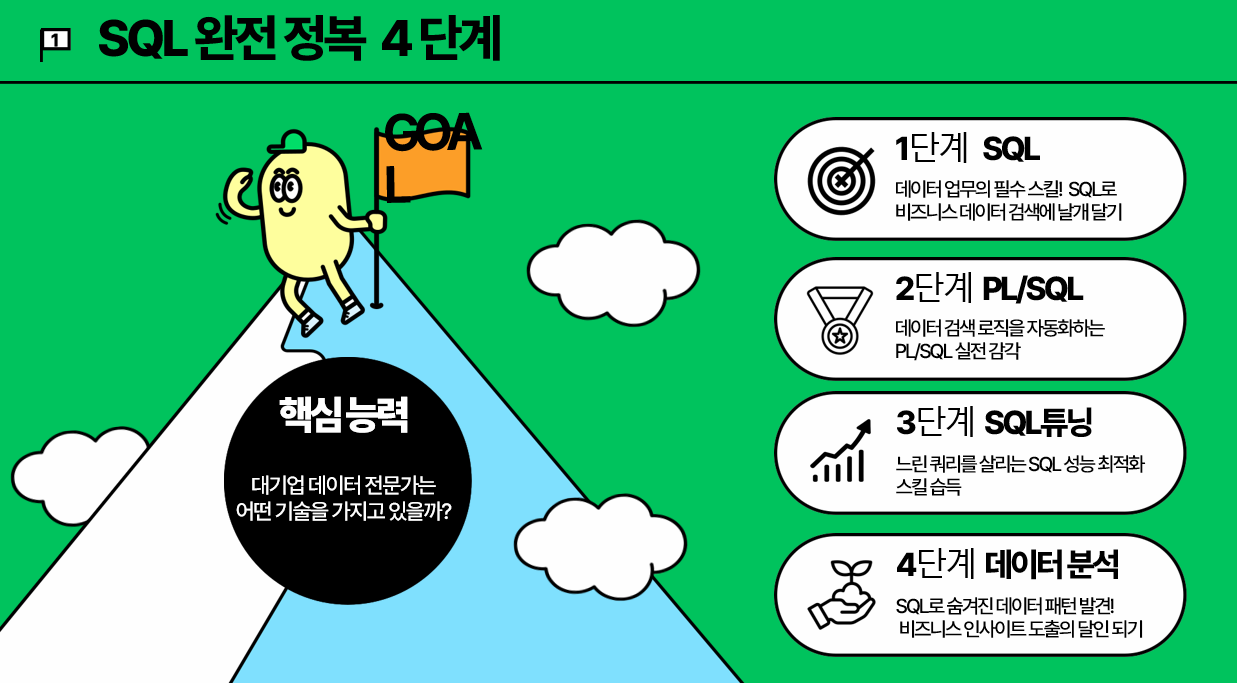
![SQL Used Directly in Practice [Lecture by the author of '200 SQL Examples']Course Thumbnail](https://cdn.inflearn.com/public/courses/335513/cover/e2411bc7-040f-4c60-bbe9-2c254f0f8b18/335513.png?w=420)
![[2026 Big Data Certification Practical Exam Preparation] 100% Pass the Big Data Analysis Engineer Practical Exam! See the Pattern in Past Questions!Course Thumbnail](https://cdn.inflearn.com/public/courses/335192/cover/99e36628-6e8d-4403-bfe3-7f5d5844aa9a/335192.jpg?w=420)
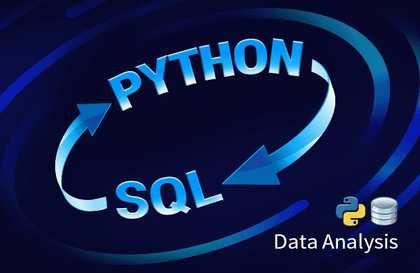
![[Concept Class] Learn and Use SQL Queries Right AwayCourse Thumbnail](https://cdn.inflearn.com/public/courses/325313/cover/d0ae99dd-3012-4a2e-a1cd-b7c459a75238/325313-eng-2.png?w=420)
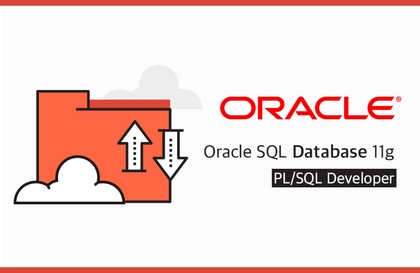
![[A hundred words are not as good as seeing once] Advanced SQL for data analysisCourse Thumbnail](https://cdn.inflearn.com/public/courses/324605/cover/141a32ce-69fe-42d9-9253-d2136e208464/sql_advanced.png?w=420)
![[A hundred words are not as good as seeing once] Basic SQL for data analysisCourse Thumbnail](https://cdn.inflearn.com/public/courses/324566/cover/aa1fac55-6e80-4506-9c92-f32c2b65f93a/sql_basic.png?w=420)
![Complete Mastery Bootcamp from Java Fundamentals to Oracle SQL [Full vers.]Course Thumbnail](https://cdn.inflearn.com/public/files/courses/336223/cover/01k2j32xzj93q4a4mhs8ra9q4b?w=420)
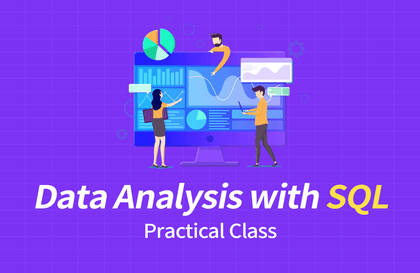
![The Easiest and Most In-Depth MongoDB Complete Guide [ By. Non-CS Major & Kakao Developer ]Course Thumbnail](https://cdn.inflearn.com/public/files/courses/337578/cover/01jwt82r7jn3c9mzybfn00mdnh?w=420)
![[MMORPG Game Development Series with C# and Unity] Part 5: DatabaseCourse Thumbnail](https://cdn.inflearn.com/public/courses/325283/course_cover/afb413e6-681e-47cd-808a-099c79fed112/rookiss-rpg-5.jpg?w=420)
